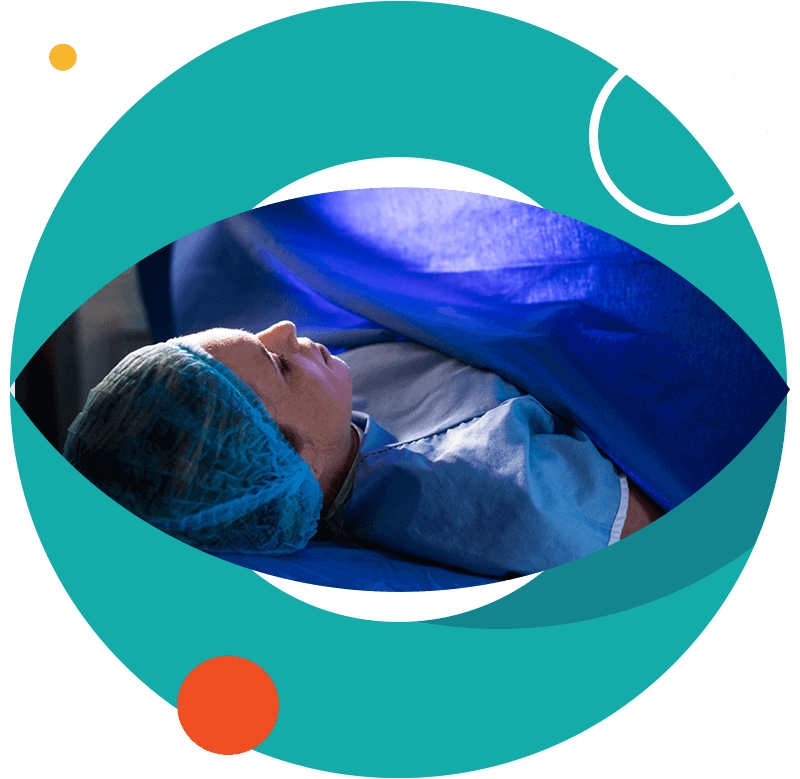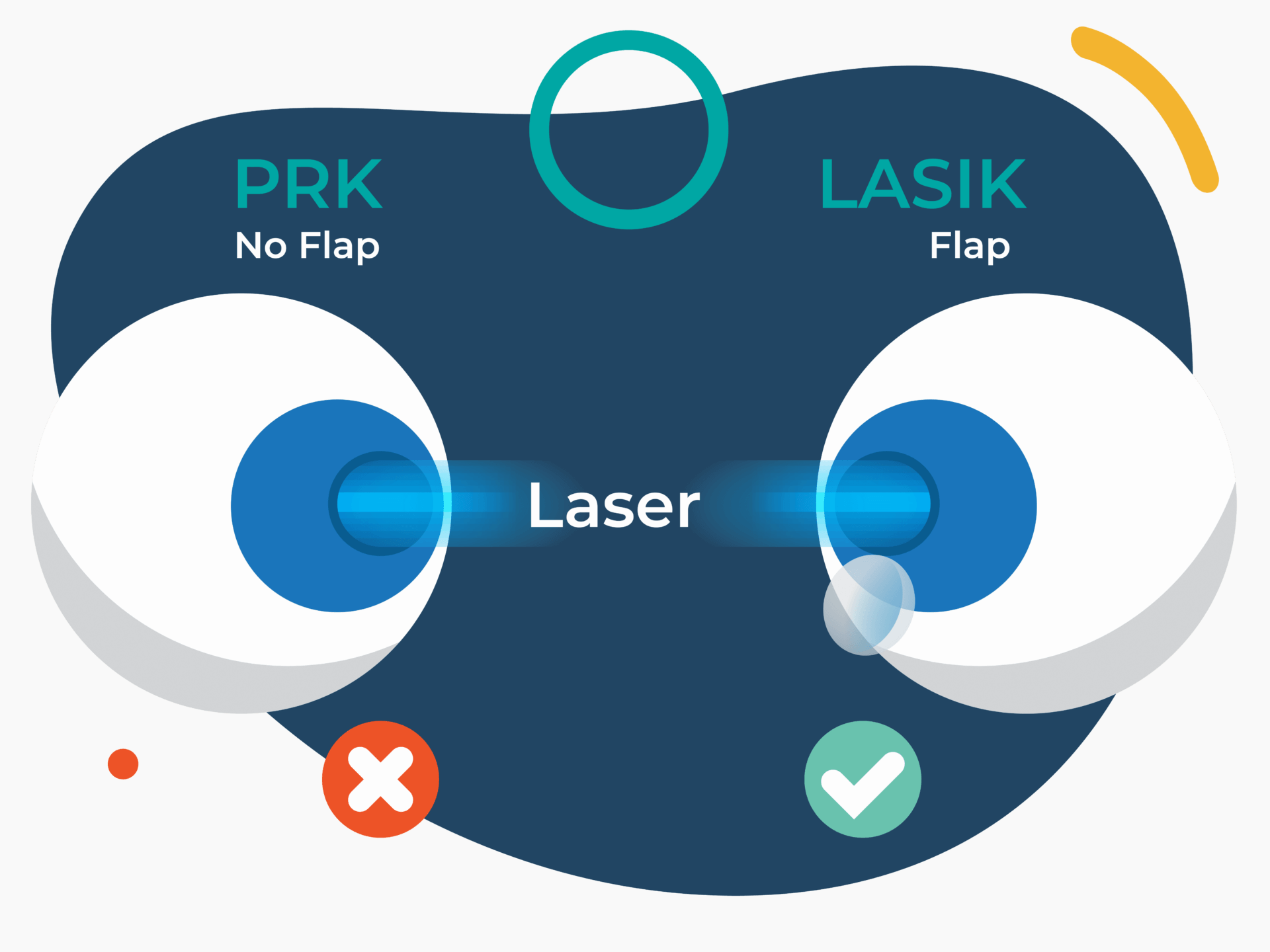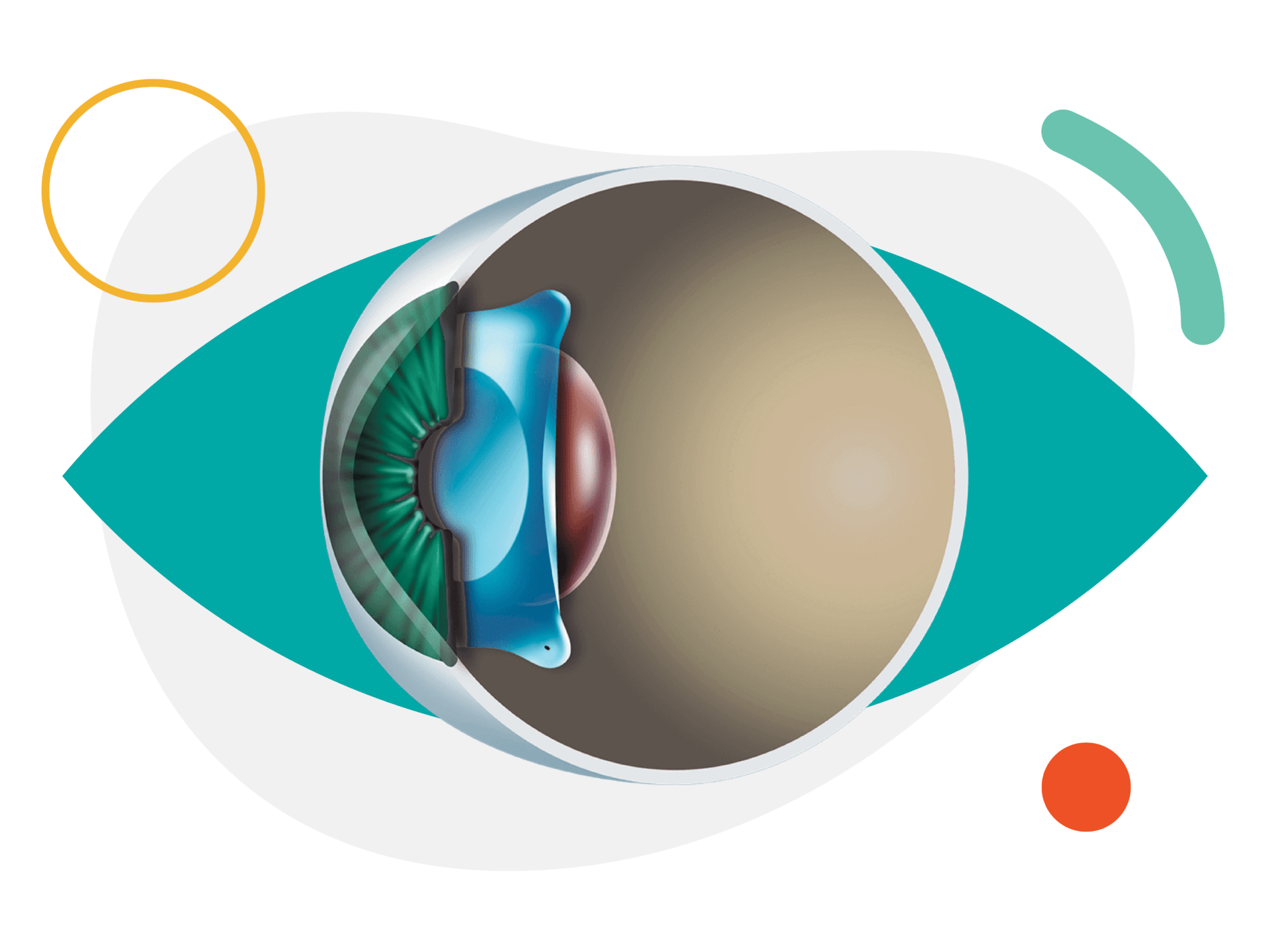At Amplify EyeCare clinics across the United States, many of our eye doctors have extensive experience co-managing refractive eye surgeries with our patients, guiding them before and after the procedure.
Preoperative care before a refractive eye surgery typically involves a comprehensive eye exam to determine if the patient is a good candidate for the procedure. During this appointment, we will measure the corneal thickness and curvature, check for any pre-existing eye conditions, and assess the overall health of the eye. During the visit our eye doctors will spend the time to ensure that you are fully educated in your decision and recommend trusted surgeons in their community.
In the days and weeks following the procedure, it is important to attend follow-up appointments with our eye doctor. These appointments help to monitor the healing process and ensure that your eyes are healing properly. We may also adjust the prescription for glasses or contacts if necessary.


















